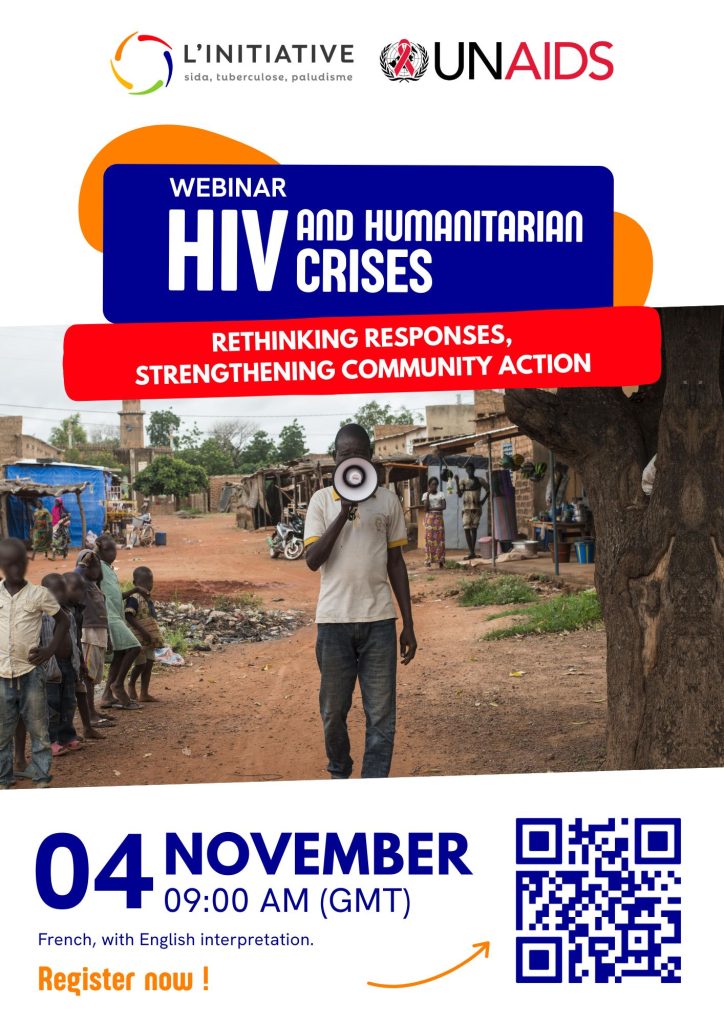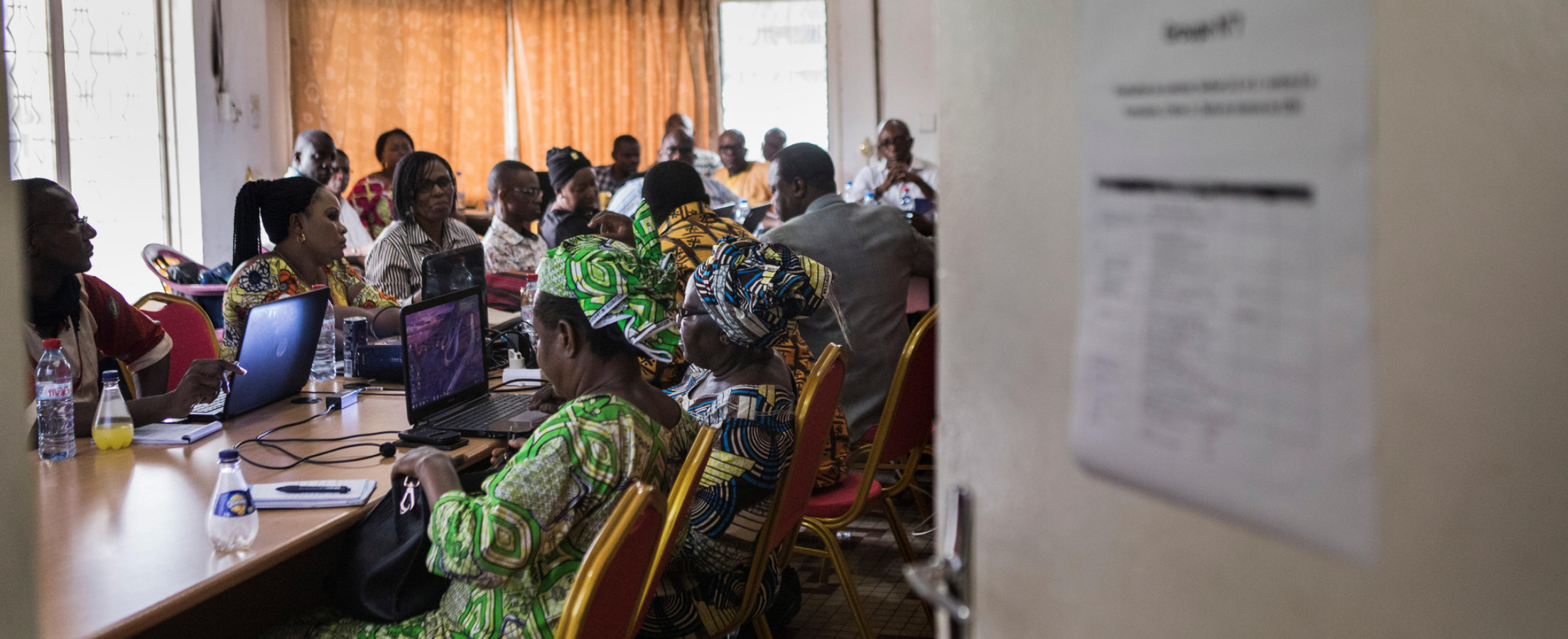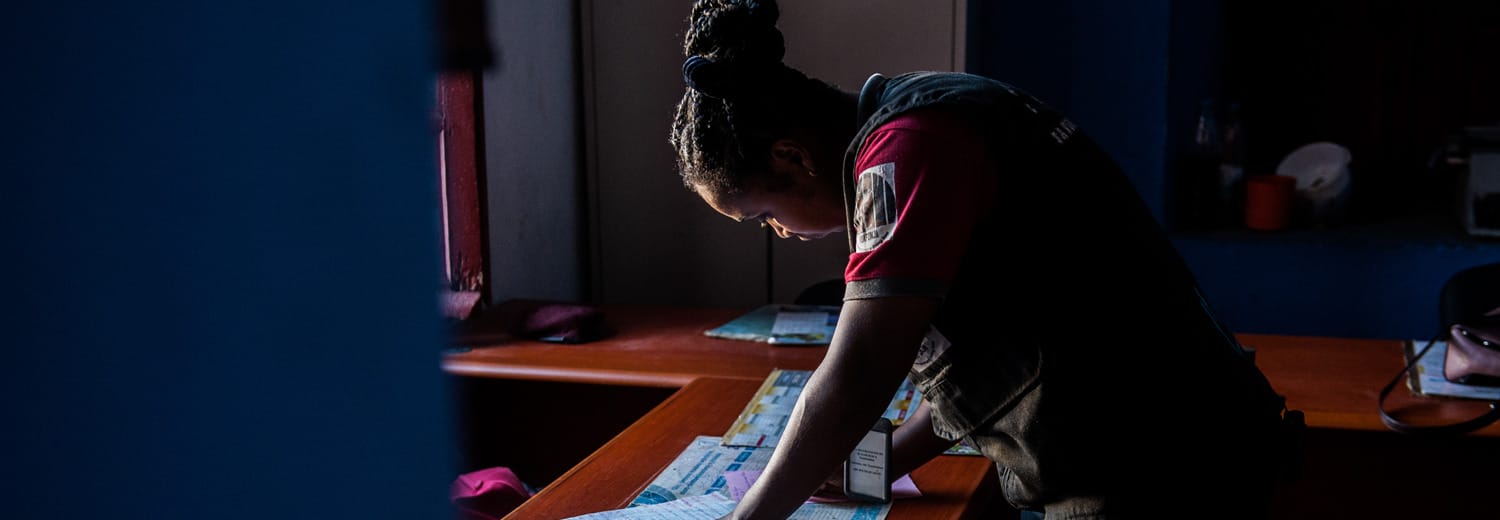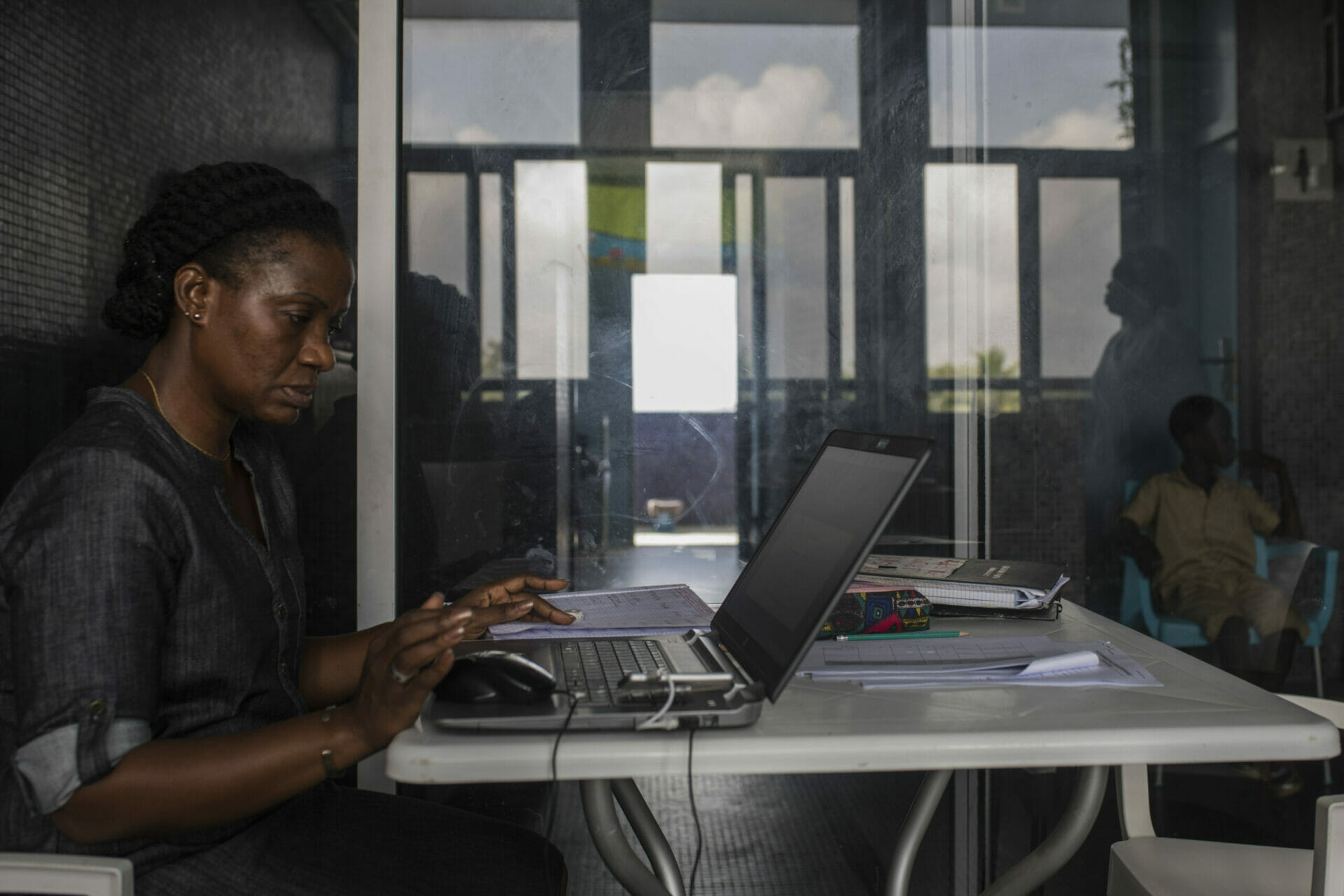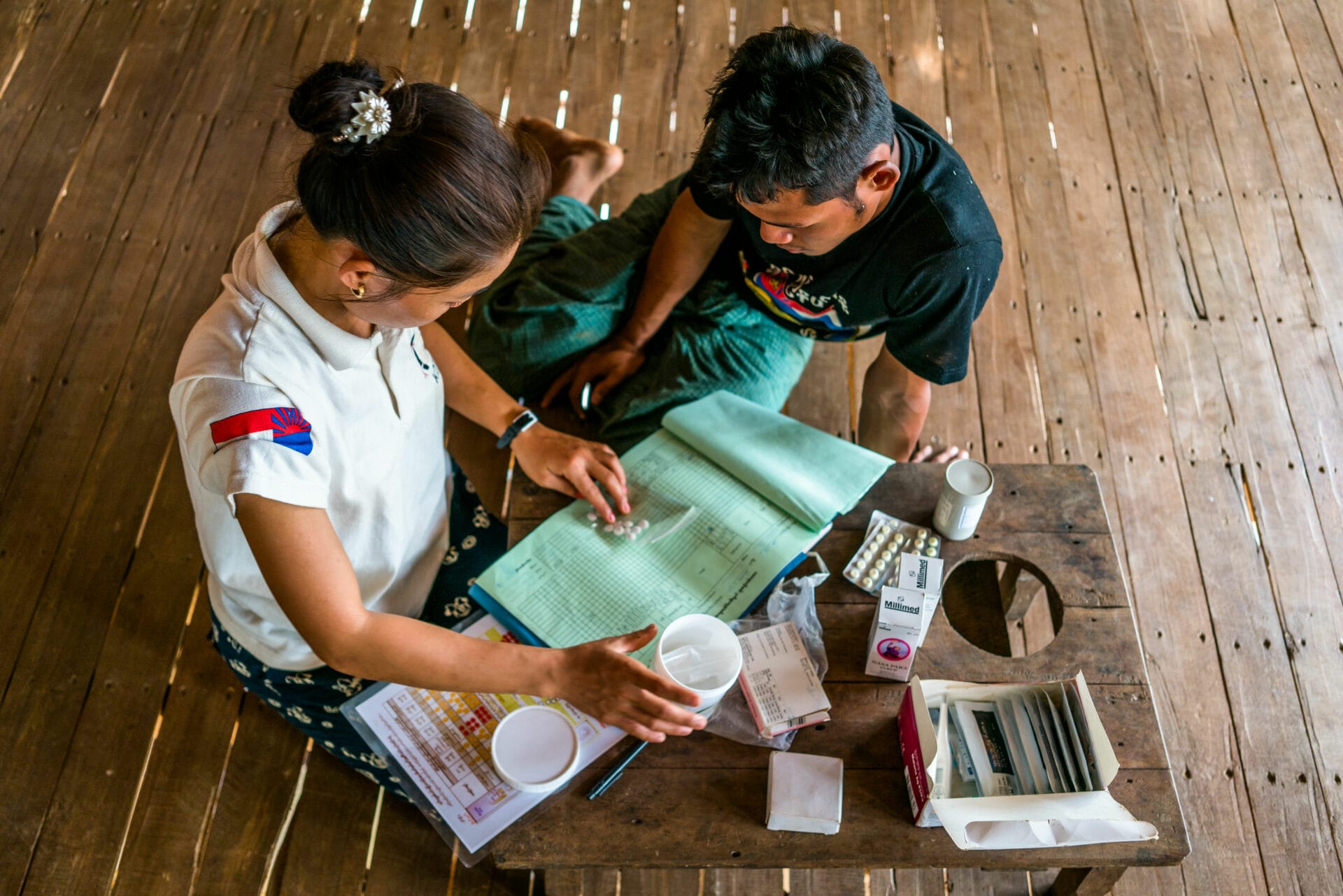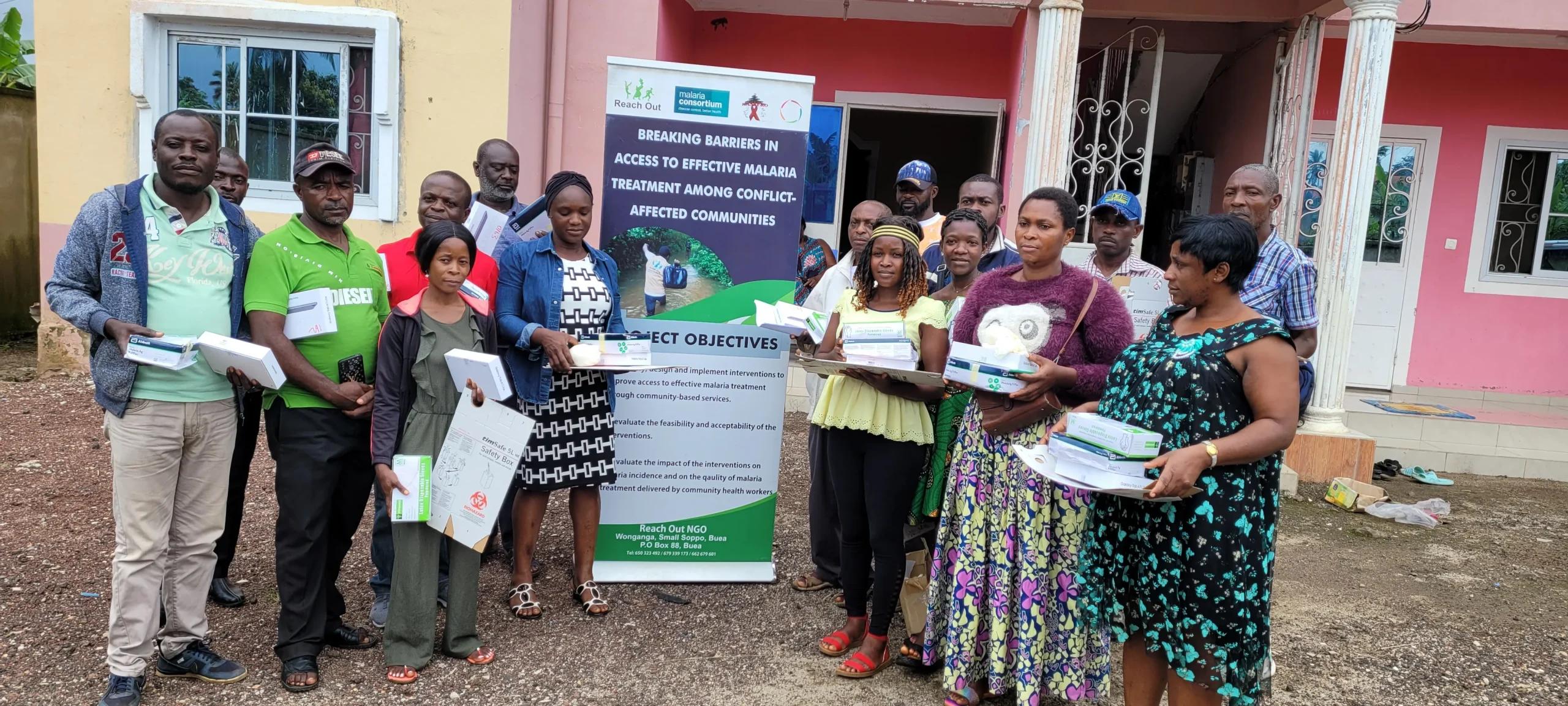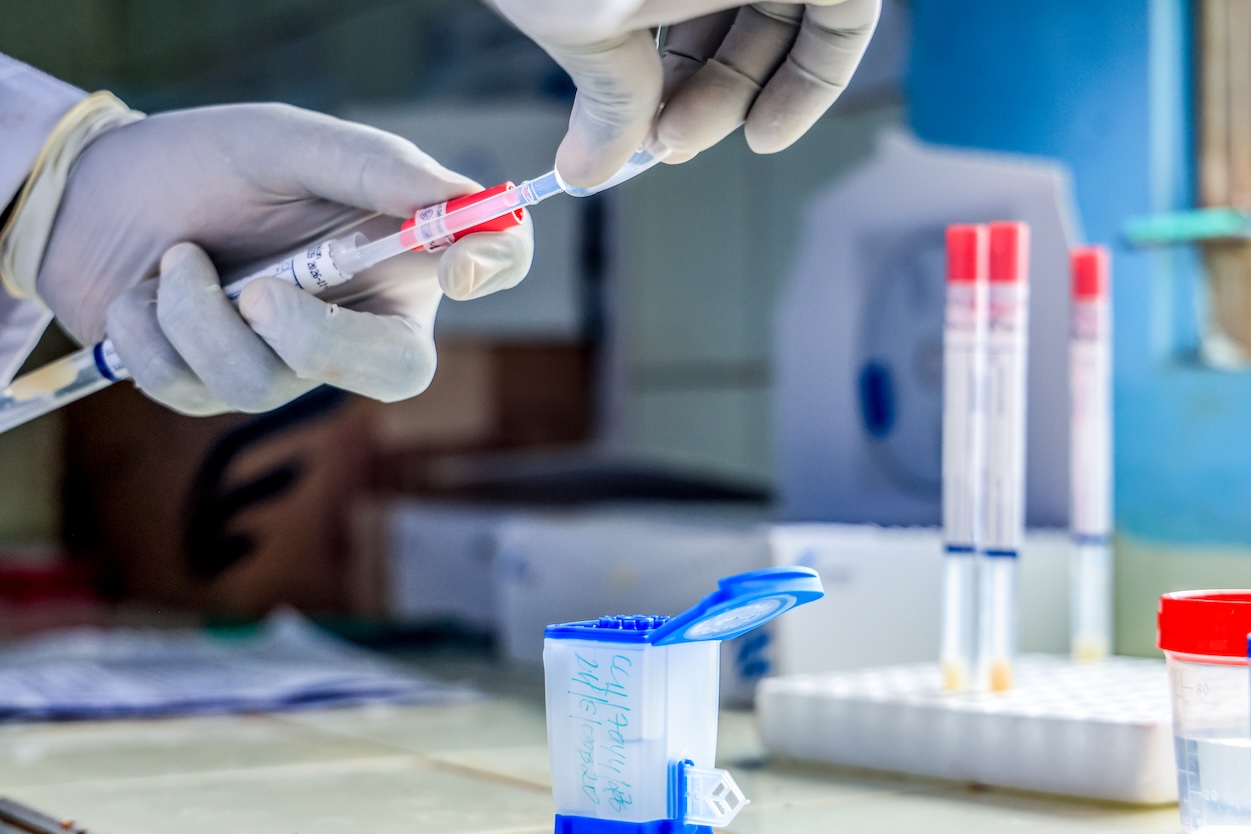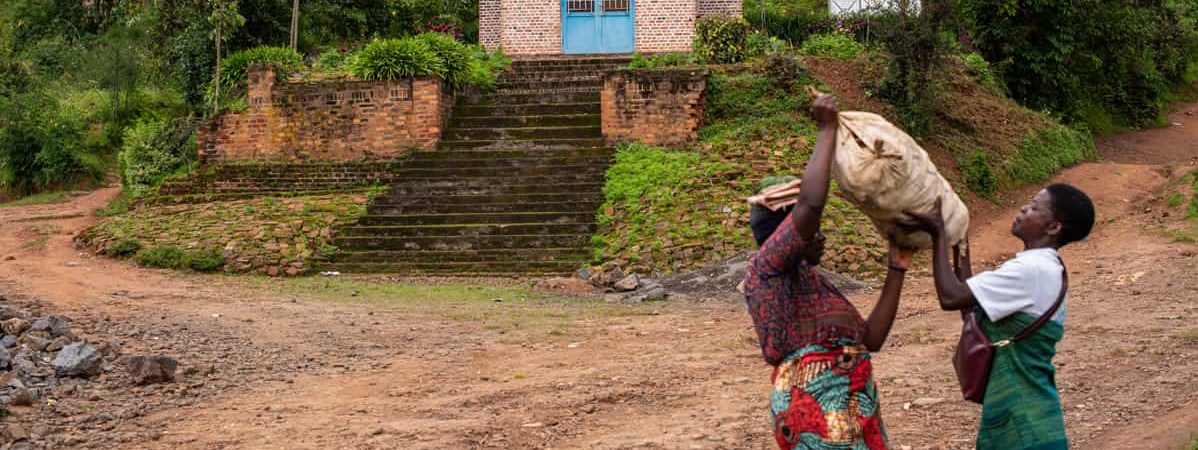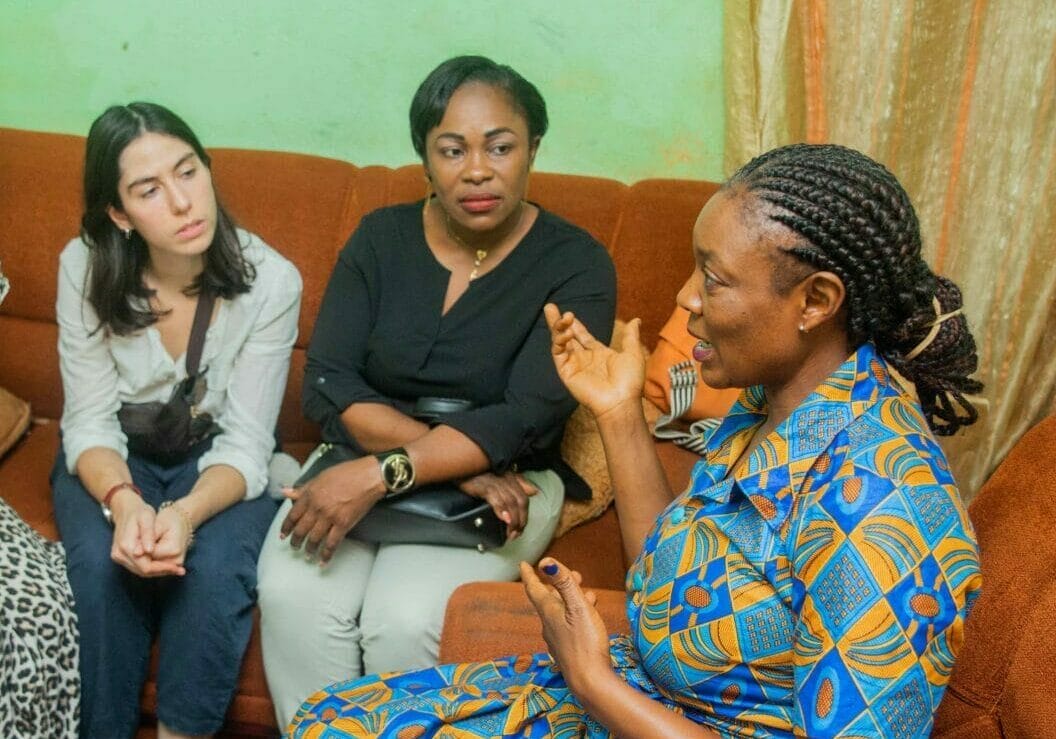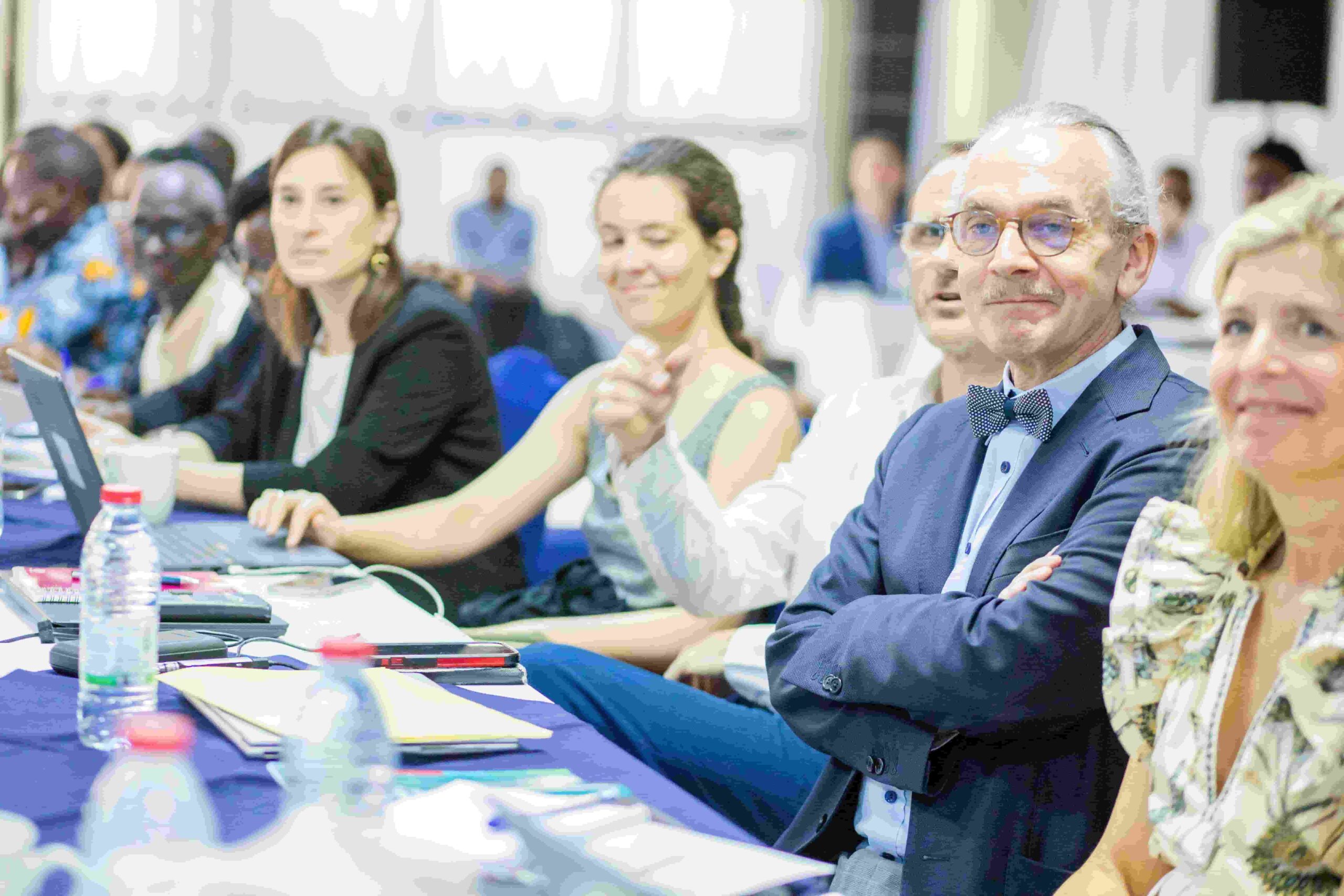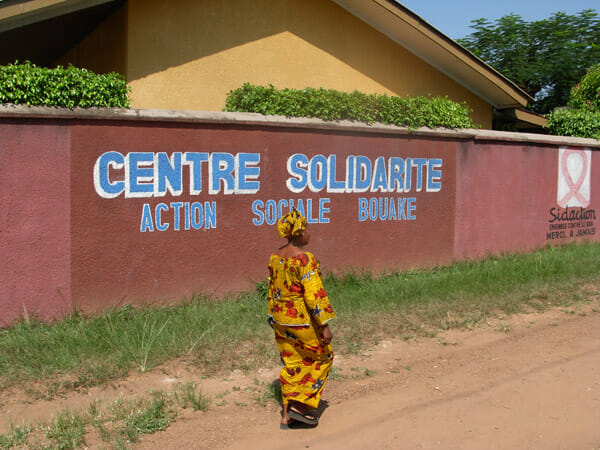HIV and humanitarian crises — the webinar programme
Humanitarian crises (conflicts, natural disasters, forced displacement) weaken the continuum of care and increase populations’ vulnerability to HIV. To better integrate HIV into emergency responses and highlight frontline actors, L’Initiative and UNAIDS are organising a webinar on 4 November 2025. The programme includes expert perspectives, field feedback and practical exchanges to rethink adapted, differentiated and integrated responses.
A strategic and operational webinar
The webinar “HIV in humanitarian crises: rethinking responses, strengthening community action” brings together national and international partners, NGO representatives, community actors and donors to document the challenges of HIV in humanitarian contexts; showcase community-based approaches that maintain continuity of care; debate differentiated and operational approaches; and identify advocacy, funding and support priorities.
This event is both strategic and operational in scope, designed to encourage the sharing of experiences and networking in West and Central Africa and beyond. The session will be conducted in French; English interpretation will be available.
Agenda and speakers
Welcome and introduction: Mach-houd Kouton, UNAIDS
Presentation on HIV and humanitarian issues: Lise-Marie Le Quéré, UNAIDS
Panel 1 — Community action and HIV in humanitarian settings
- Moderator: Dr Adam Yattassaye, ARCAD Santé Plus (Mali)
- Speakers: SongES (Niger); GRAM (Democratic Republic of the Congo); REVS PLUS (Burkina Faso)
Panel 2 — Rethinking HIV responses in humanitarian settings: towards differentiated and adapted approaches
- Moderator: Khadijatou Ba, Institute of Civil Society for Health in West and Central Africa (Senegal)
- Speakers: RECAPEV (Central African Republic); Doctors Without Borders; The Global Fund; Sectoral Unit for the Fight against HIV/AIDS, Tuberculosis and Viral Hepatitis (Mali)
Reflections and conclusion: Eric Fleutelot, L’Initiative – Expertise France
Practical information
• Date: Tuesday 4 November 2025
• Time: 09:00–11:30 (UTC)
• Duration: 2h30
• Language: French (English interpretation available)
• Registration required
